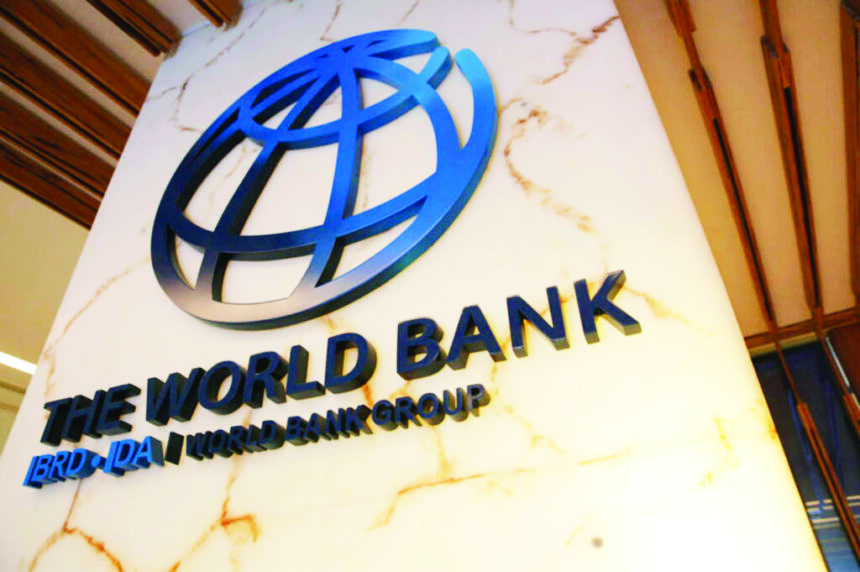A delegation of the World Bank Group’s (WBG) board of executive directors (EDs) recently noted Namibia’s and South Africa’s progress in achieving development goals, and reaffirmed World Bank Group’s commitment to providing support. The 11 EDs and Alternate EDs were hosted by the World Bank and International Finance Corporation (IFC) country offices during their recent visit from 7 to 13 July 2024.
The visit provided a platform to assess progress with projects, and engage on the evolution of the World Bank Group’s relationship with the countries from a knowledge-focused to a broader knowledge and financing partnership. EDs met government and business leaders, local stakeholders and project beneficiaries, and experienced first-hand how the countries manage development priorities and challenges. South Africa and Namibia have common challenges, including poverty, unemployment, and inequality. Throughout the visit, the delegation discussed the ongoing and future support from the World Bank Group to boost inclusive economic growth and job-creation.
In Namibia, the World Bank Group is preparing a new Country Partnership Framework (CPF) with the government that will strategically guide its support as the engagement continues to grow. The World Bank recently approved a US$138 million renewable energy and transmission loan to NamPower, after 15 years without International Bank of Reconstruction and Development (IBRD) borrowing.
In Namibia, the delegation met with finance and public enterprises minister IIpumbu Shiimi and key stakeholders, including development partners and the private sector. The delegation visited informal settlements near Windhoek to gain insights on housing-related issues, a sector where IFC is investing and which the government has identified as a priority for the World Bank Group engagement.
In South Africa, over the past three years, the country has shifted from being a non-borrowing client to having an annual IBRD lending of over US$1 billion per year. South Africa also constitutes the largest IFC portfolio in Afric, and the Multilateral Investment Guarantee Agency’s (MIGA) second largest on the continent.
In South Africa, the delegation met with finance minister, Enoch Godongwana, and electricity and energy minister Kgosientsho Ramokgopa. EDs visited two IFC clients and two World Bank projects,which showcased support for key government priorities and demonstrated how these projects link to global issues and corporate initiatives such as energy and just transition, health, urban development, and subnational government engagement. The delegation had a tour of and stakeholder engagement at the Komati power station – the site of the Eskom Just Energy Transition Project; the Addo Elephant Park that houses the innovative Wildlife Conservation Bond; and the IFC-supported Trust for Urban Housing Finance, and BioVac Institute that manufactures vaccines locally. Matteo Bugamelli, the World Bank’s Executive Director who represents the constituency of countries including Albania, Greece, Italy, Malta, Portugal, San Marino, and Timor-Leste, expressed optimism about the countries’ progress. He emphasied the World Bank Group’s commitment to helping South Africa and Namibia address unemployment and inequality challenges. He particularly welcomed the increased financing to support the implementation of much needed reforms.
The World Bank Group’s Board of Executive Directors is responsible for the conduct of the general operations of the bank, making decisions on loans, credits, grants, policies, and financial matters. The board consists of 25 members who represent the 189 member countries, providing guidance for the institution’s development activities.



